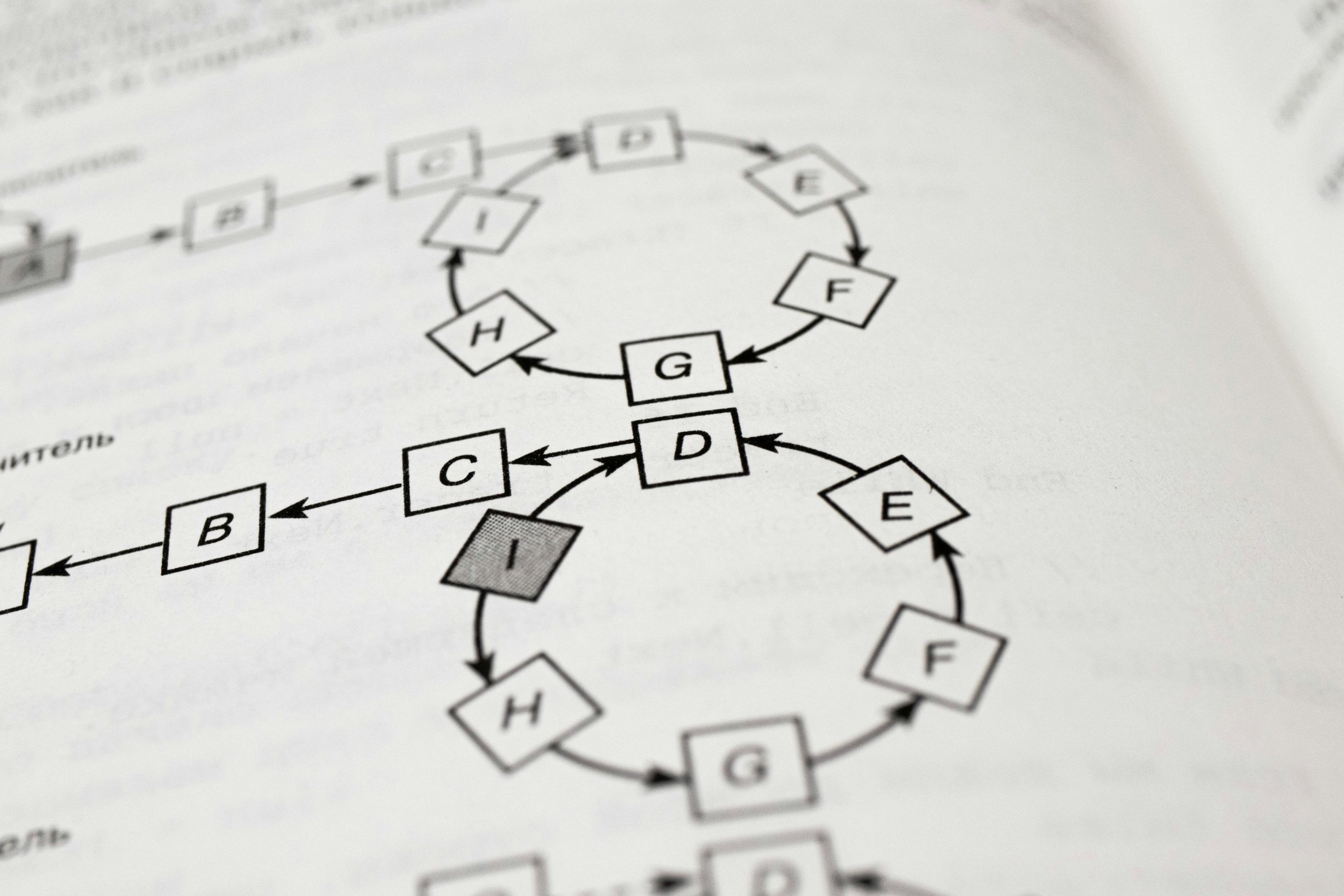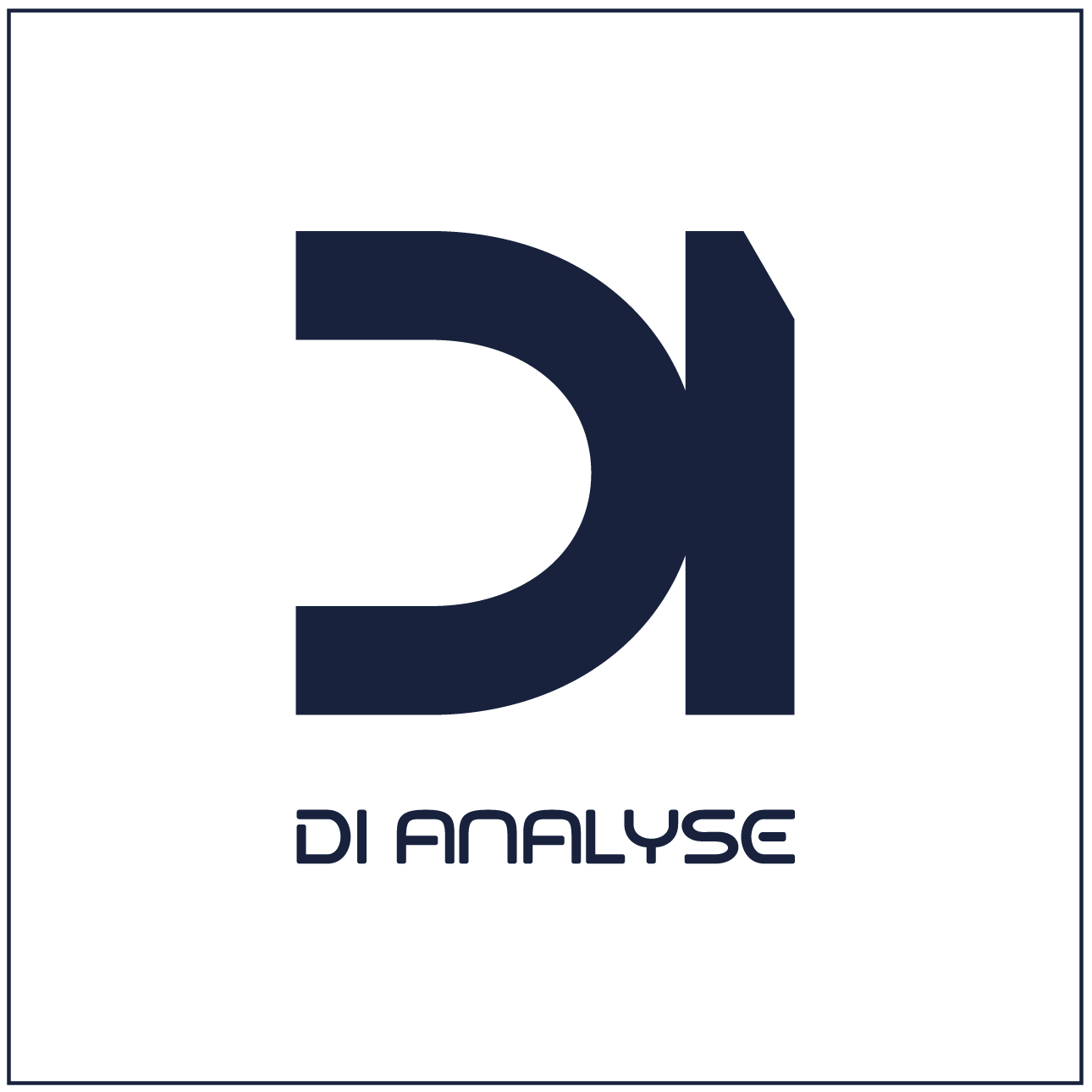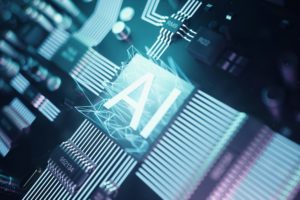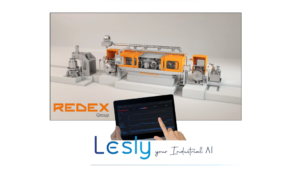What is an AI algorithm?
Are AI Algorithms Used in Industry ? And which ones ? An artificial intelligence (AI) algorithm is like a recipe. It provides precise instructions for a machine to learn, reason and make decisions. These algorithms are essential to AI and are applied in many fields, such as speech recognition or autonomous driving. But which AI algorithms are dominating the industry, and how are they revolutionizing entire sectors?
The main AI Algorithms Used in Industry
Supervised Learning Algorithms
Supervised learning algorithms require labeled data to train a model. They are very popular in industry, particularly for prediction and classification tasks.
Here are a few examples:
- Linear regression: Used to predict numerical values such as sales or financial performance.
- Support vector machines (SVMs): Effective for classification and regression tasks, especially with complex, multidimensional data.
- Decision trees: Appreciated for their simplicity and ability to visualize decisions, these algorithms are widely used for regression and classification applications.
Unsupervised Learning Algorithms
These algorithms work on unlabeled data, detecting hidden patterns or structures in the data. They are particularly useful for segmentation and exploratory analysis tasks.
- Apriori algorithm: Commonly used to discover associations between different products in sales databases.
- Clustering: Used to segment customers or markets, by grouping similar data.
Reinforcement Learning Algorithms
In reinforcement learning, an agent learns by interacting with its environment. It receives rewards or punishments according to its actions. These algorithms are often used to optimize industrial processes and automate decision-making.
Neural Networks and Deep Learning
Deep learning is a sub-field of AI that uses multi-layer neural networks. It enables the processing of complex data, such as images or text. These algorithms are essential for image recognition, natural language processing and computer vision.

Applications AI Algorithms Used in Industry
AI algorithms play a fundamental role in industrial process optimization, prediction and real-time analysis. Here are some of the main industrial applications of AI algorithms:
Demand Forecast
AI algorithms are also used for demand forecasting in the manufacturing and retail industries. They analyze historical data and external factors to forecast future product requirements, improving inventory management and production planning.
Digital Twins
Digital twins combine AI and the Internet of Things (IoT) to create virtual replicas of physical systems. They enable real-time monitoring and continuous optimization of industrial processes, improving performance and reducing costs.
Recommendation engines
Recommendation engines, using algorithms such as clustering and collaborative filtering, are widely used to analyze user behavior and recommend relevant products. This can be seen in e-commerce platforms and streaming services.
AI Assistants and Co-pilots
In industrial environments, AI assistants and AI-based co-pilots, often powered by natural language processing, offer real-time assistance to operators and workers, improving their efficiency and productivity.
Predictive Maintenance
Using machine learning algorithms such as neural networks or random forests, systems can analyze sensor data to anticipate equipment breakdowns. This approach prevents unplanned downtime and optimizes maintenance operations.
Contact us for a free consultation and personalized quote
Focus on Artificial Neural Networks
Artificial neural networks are probably the most popular AI algorithms. They simulate the functioning of the human brain through a network of interconnected neurons. Here’s how they work:
- Artificial neurons: Each neuron receives inputs, weighs them, applies an activation function, and generates an output.
- Layers of neurons: Neurons are organized into layers (input, hidden, output), and data pass through these layers, with transformations at each stage.
- Learning: The model adjusts its weights according to errors, through a process called backpropagation, to better predict future results.
A classic application example is image recognition: a trained neural network can learn to recognize objects, such as animals, by analyzing visual features across its layers.
Key concepts associated with AI algorithms
Here are some other concepts and AI algorithms used in industry :
- Decision trees: Used for simple decisions based on a series of questions.
- Support vector machines (SVM): Efficient algorithms for classification and regression.
- Reinforcement learning: Used for autonomous tasks where the agent learns by trial and error.
- Overfitting and Underfitting: Two challenges in machine learning where a model is either too well adapted to the training data (overfitting) or underperforming (underfitting).
Conclusion
AI algorithms are now essential in industry. They optimize processes, facilitate decision-making and improve productivity. Whether through predictive maintenance, digital twins or recommendation engines, AI is continually transforming industrial sectors with innovative applications.
By using them, companies improve their performance and gain a competitive edge in an increasingly digital and connected world.




